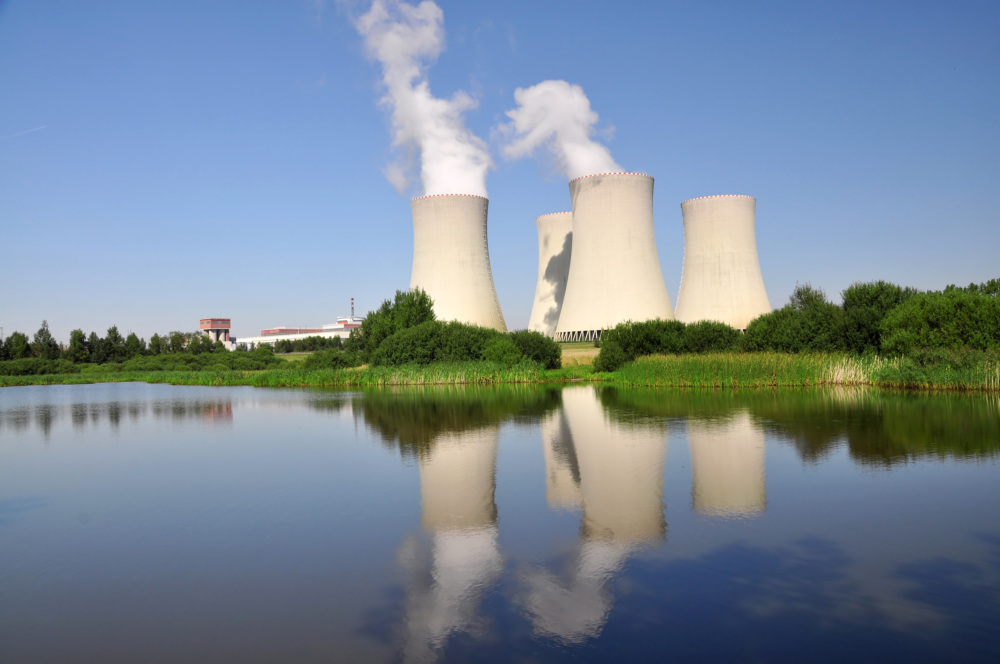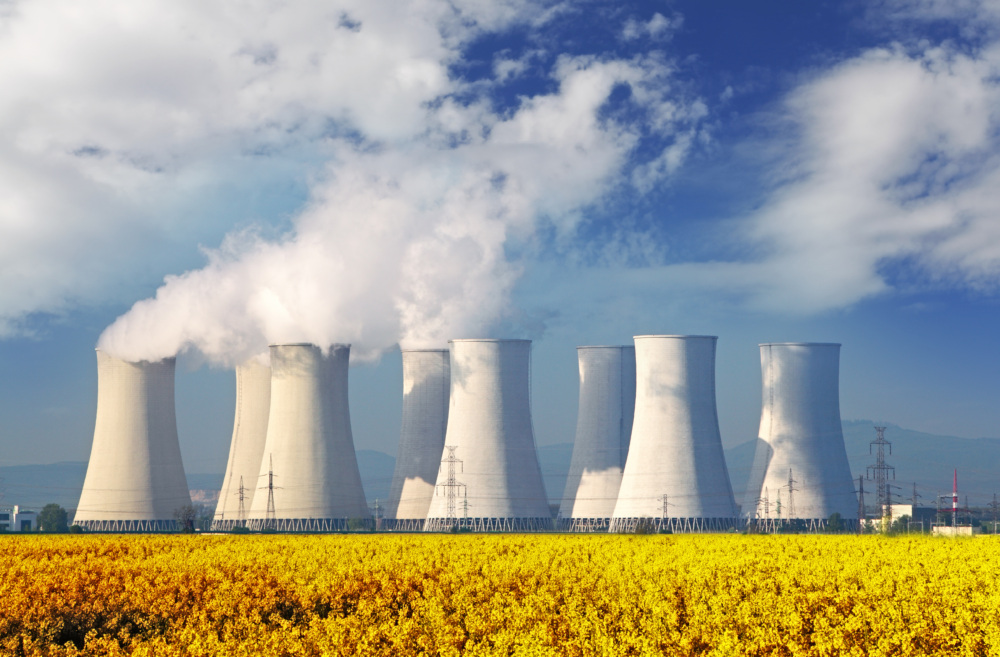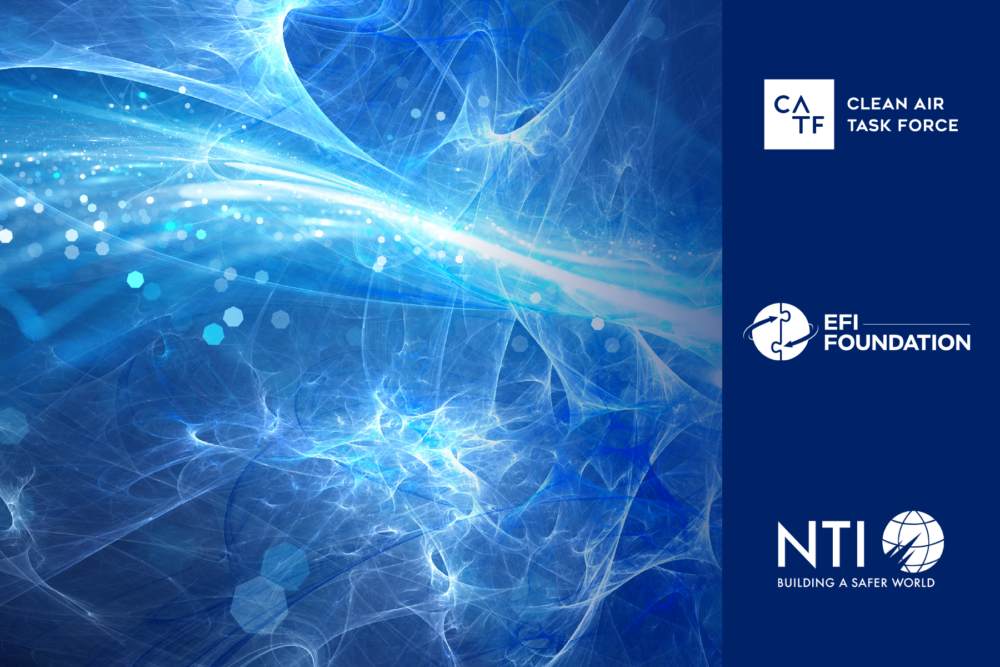
Sam Nunn
Co-Founder and Co-Chair, NTI
The Obama administration recently transmitted to Congress a bilateral nuclear energy cooperation agreement with the United Arab Emirates, one of America’s strongest allies in the strategically important Middle East region. The approval of this agreement between the United States and the U.A.E. further strengthens a valuable relationship in the best interest of the U.S.
Such civilian nuclear energy agreements, sometimes called “123 agreements” in reference to the corresponding section of the Atomic Energy Act, are required for significant nuclear transactions between the United States and foreign entities and are concluded only after extensive analysis by intelligence and other agencies determines that they will promote U.S. national security.
While the U.S. has many 123 agreements already in place, including with other Middle Eastern nations such as Morocco and Egypt, the recently negotiated U.A.E. 123 Agreement represents an evolutionary step forward and sets a new standard in ensuring that U.S.-sourced nuclear information, materials and equipment transferred abroad are used only for peaceful purposes.
The strength of the proposed U.A.E. 123 Agreement is due, in large part, to the forward-looking policies already adopted by the U.A.E. as building blocks for its peaceful nuclear energy program. The U.A.E. has made a decision not to develop any domestic fuel enrichment or reprocessing capabilities, in favor of long-term external fuel supply arrangements. This sovereign choice is significant because it effectively severs an inherently dangerous link between peaceful uses of nuclear energy and the potential for weaponization.
Other U.A.E. commitments, such as the formation of a multinational peer review body described as an “International Advisory Board” will also infuse any future U.A.E. program with unprecedented levels of international transparency.
Furthermore, the U.A.E. has been an effective nonproliferation partner. The U.A.E. has tightened export control laws and enforcement to prevent the movement of illicit goods and materials across its borders. Further upgrades are planned to meet recommended guidelines of the Nuclear Suppliers Group. In addition, the U.A.E. fully supports and enforces U.N. resolutions barring shipment of sensitive materials and technologies to Iran.
The U.A.E. decision to join with the U.S., Norway, the European Union and Kuwait to fund a “fuel bank” mechanism for the International Atomic Energy Agency demonstrates their commitment to nonproliferation principles. Such a fuel bank, initiated with a $50 million pledge from the non-governmental Nuclear Threat Initiative (backed by Warren Buffett), would provide last-resort insurance for states, like the U.A.E. and others, which have chosen to rely on the international market for nuclear fuel services, thereby reducing the spread of dangerous nuclear technologies.
There are a series of clear-eyed national-interest motivations for bringing this agreement into effect.
First, the agreement itself represents an important step forward for the nonproliferation regime, in a world that is increasingly seeking nuclear energy as a carbon-neutral solution to electricity requirements. The U.A.E. decision not to enrich uranium or to reprocess spent fuel is incorporated into the agreement.
Second, the agreement supports a global model for developing a peaceful nuclear energy program. The U.A.E has committed to the highest standards of operational transparency, safety, security and nonproliferation. The U.A.E.’s exploration of nuclear energy has been fully collaborative, incorporating advice and insights from the International Atomic Energy Agency and other responsible governments, including the United States.
By demonstrating strong support for the U.A.E. model through the 123 Agreement, the U.S. would significantly increase the appeal of this model to the growing number of states embarking on their own domestic nuclear programs.
Finally, the agreement enhances a critical security relationship in a volatile region. The U.A.E. hosts more than 2,000 U.S. military personnel. It provides critical logistics support for U.S. Navy fleet operations. In fact, more U.S. naval vessels visit U.A.E. ports than any other foreign port in the world. The U.A.E. supports U.S. Air Force operations through critical logistics and facilities at Al Dhafra Air Base. The United States and the U.A.E. benefit from significant intelligence cooperation. And U.A.E. forces stand shoulder to shoulder with U.S. and NATO missions in Afghanistan.
From a U.S. national security standpoint, the U.S.-U.A.E. 123 Agreement is good for the United States. It is also good for the international nonproliferation regime.
We encourage broad support for the U.S.-U.A.E. 123 Agreement, which will materially advance important mutual U.S. and global interests.
Cohen, CEO and chairman of The Cohen Group, is a former senator and defense secretary. Nunn is co-chairman of the Nuclear Threat Initiative and a former senator.
Sign up for our newsletter to get the latest on nuclear and biological threats.
At this critical juncture for action on climate change and energy security, 20 NGOs from around the globe jointly call for the efficient and responsible expansion of nuclear energy and advance six key principles for doing so.
To make good on their COP28 pledge, countries need a new approach to building, regulating, and financing nuclear technology.
The Playbook emphasizes the need for a holistic approach to scaling nuclear energy, considering the unique challenges and opportunities specific to each country, and highlights the role that new international institutions could play in supporting a global nuclear expansion.


